I have had a difficult time deciding what to write about this week. Every time I sat down to work on this column I seemed to lose my focus quickly, giving up and working on other non-priority projects. I’ve also been struggling to keep up with most of the things in my life, like class work, searching for a summer internship, and my part-time job. I know I need to do these things, but I also know that they won’t be fun, and there are other things I would rather do, like make weird art.
I want to be productive, but my behavior contradicts this sentiment. I think of this as a form of cognitive dissonance, the discomfort that results from having beliefs that contrast with one’s behavior.
Because we tend to seek internal consistency, we attempt to correct cognitive dissonance by adjusting our attitudes and our behaviors. In my example, I could refuse to consider the reality of my deadlines and not complete my work, inventing something to justify my actions. Or I could accept that I need to get my work done, shift my understanding to fit the new reality, and change my actions to be consistent with my thoughts (sitting down and writing).
I found this concept relevant last week in regard to the tension surrounding the Undergraduate Government of Boston College election. You may remember me from last year’s UGBC election, which had its own drama. But this year’s election was juicy in a different way.
Before students voted to elect Akosua Achampong and Tt King, both MCAS ’18, as UGBC president and executive vice president for the 2017-18 school year, the team of Raymond Mancini and Matt Batsinelas, both CSOM ’19, repeatedly clashed with Achampong and King during campaigning. You can go back and read The Heights’ coverage of this if you need an update.
What I took away from this whole exchange is that Mancini and Batsinelas experienced cognitive dissonance as they struggled to justify their behavior with their beliefs.
Let’s look at Batsinelas and Mancini’s actions. Part of their campaign platform was questioning the use of funds by the AHANA Leadership Council (ALC), the GLBTQ Leadership Council (GLC), and the Diversity and Inclusion Programming Board (DIP). In Sept. 2016, Mancini was one of two dissenters in a UGBC vote regarding the creation of an LGBTQ+ resource center on campus. And after a Facebook commenter accused the team of ignoring larger issues, the “Ray & Matt for UGBC 2017” Facebook page made light of the need for gender-neutral bathrooms, implying that it was not a serious issue.
All these actions indicate that Batsinelas and Mancini have little knowledge of or care for the needs and goals of the LGBTQ+ community. Nonetheless, even after receiving criticism for these views, including a comment on a Facebook livestream of the election debate, and a subsequent letter to the editor by Edward Byrne, MCAS ’18, Batsinelas and Mancini have claimed to be supportive of the LGBTQ+ community.
This is cognitive dissonance. In a strange LTE, Batsinelas spouted a pro-Israel message while reaffirming his commitment to LGBTQ+ students, a view that is not necessarily confirmed by his actions. I don’t have enough space to discuss the complexity of the Israel/Palestine debate, my own distaste for BC’s “Eagles for Israel” organization, and why supporting Israel does not equal supporting LGBTQ+ rights.
Instead, I’ll focus on how Batsinelas views himself and his campaign. He declares that he is pro LGBTQ+ because he went to a Pride parade once and had a really good time. According to him, Mancini’s vote against the LGBTQ+ resource center was motivated by logistics. Instead of changing his actions to better reflect his team’s beliefs, I saw Batsinelas attempt to reshape reality to fit how he wanted to see himself and his candidacy.
Being called into question for one’s actions doesn’t feel good. The discomfort of cognitive dissonance leads us to change, either our thoughts or our behavior, to establish consistency. We should look at the campaign of Batsinelas and Mancini as an example of how not to resolve cognitive dissonance.
Featured Image by Meg Dolan / Heights Editor

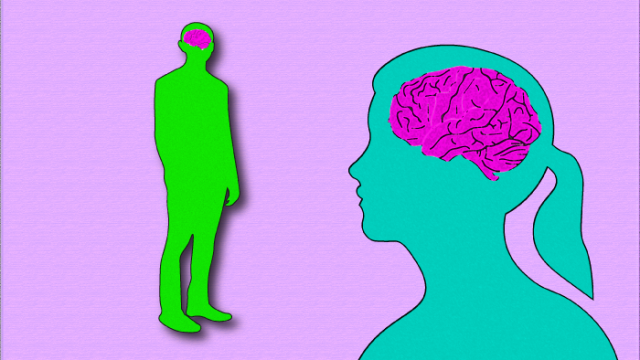

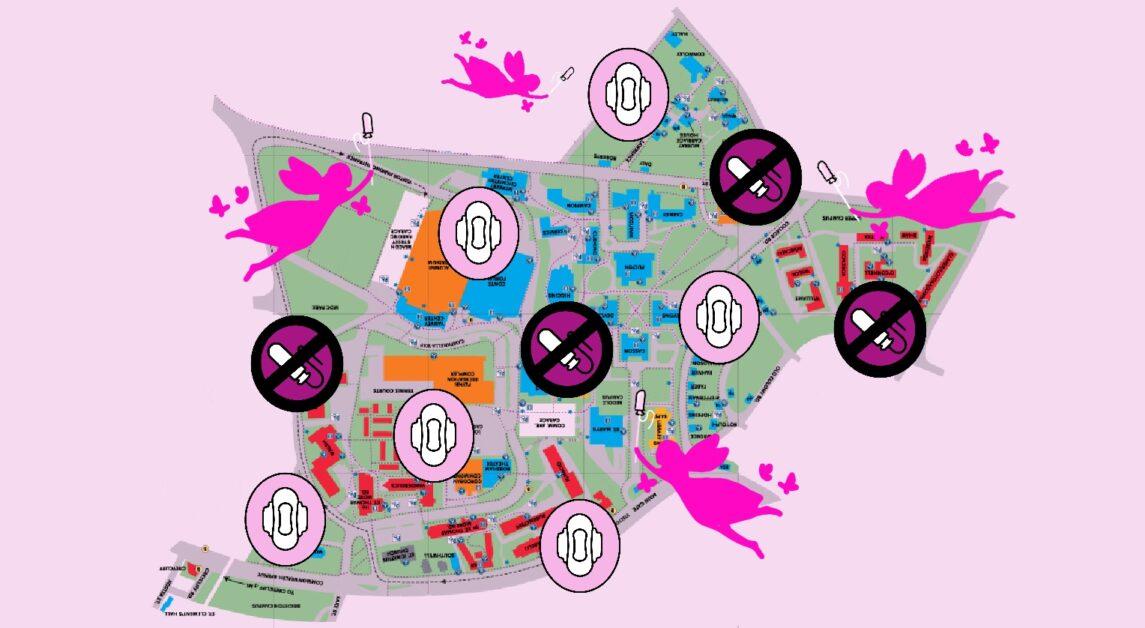
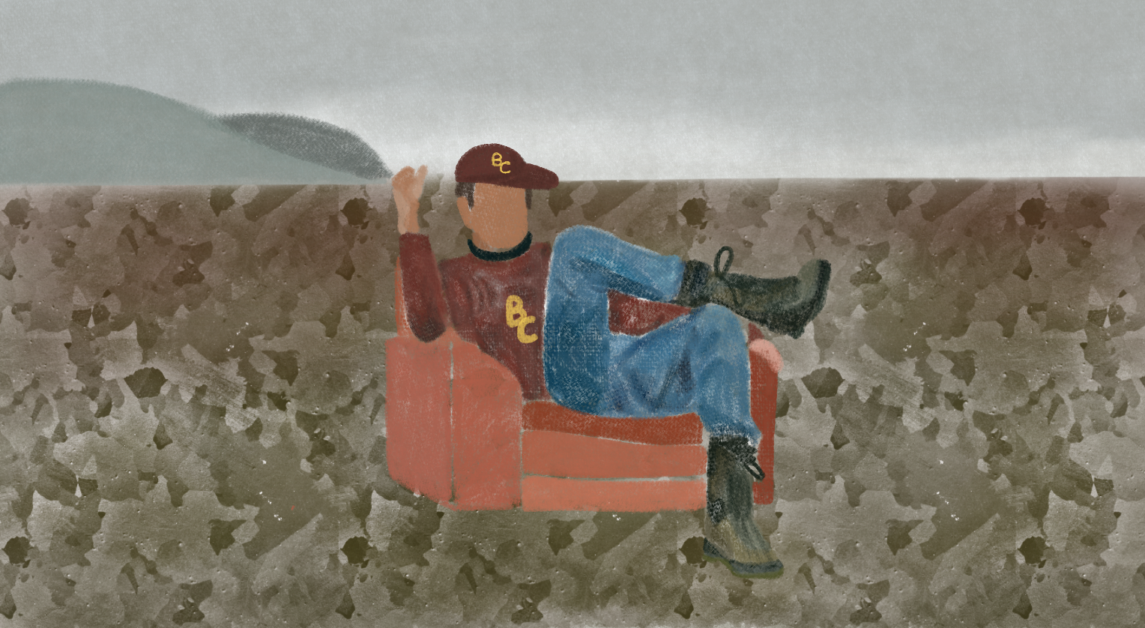


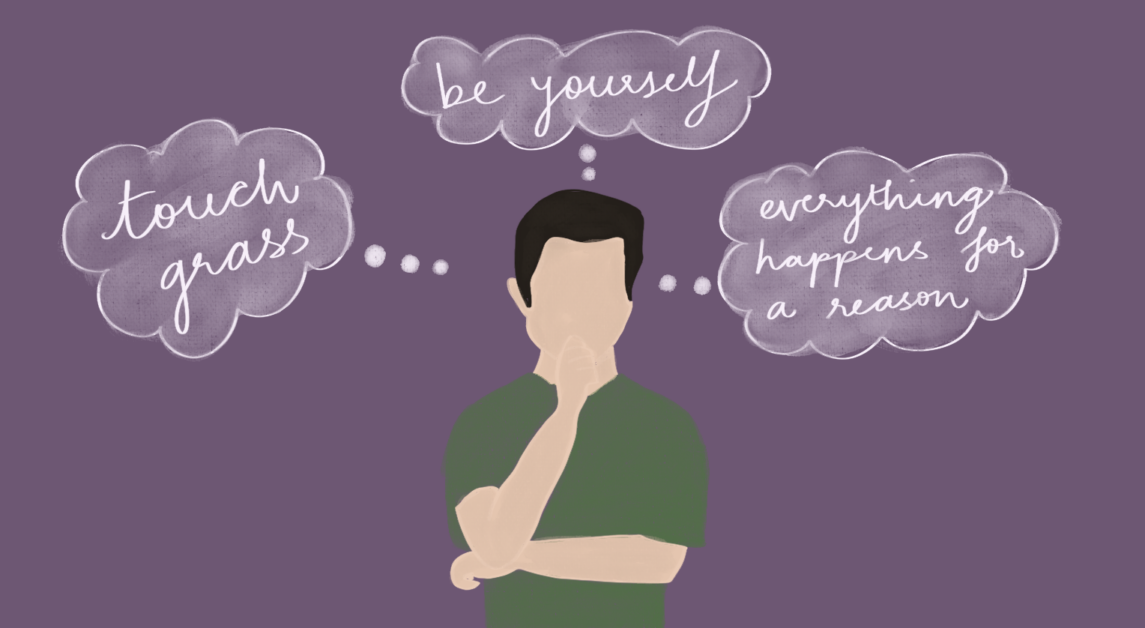
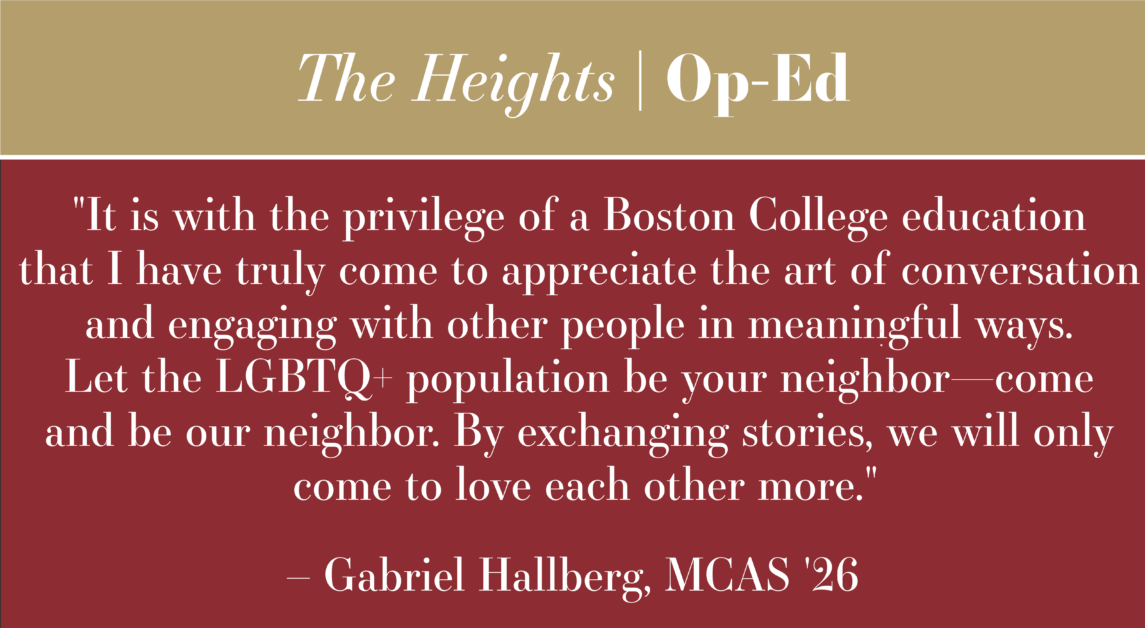

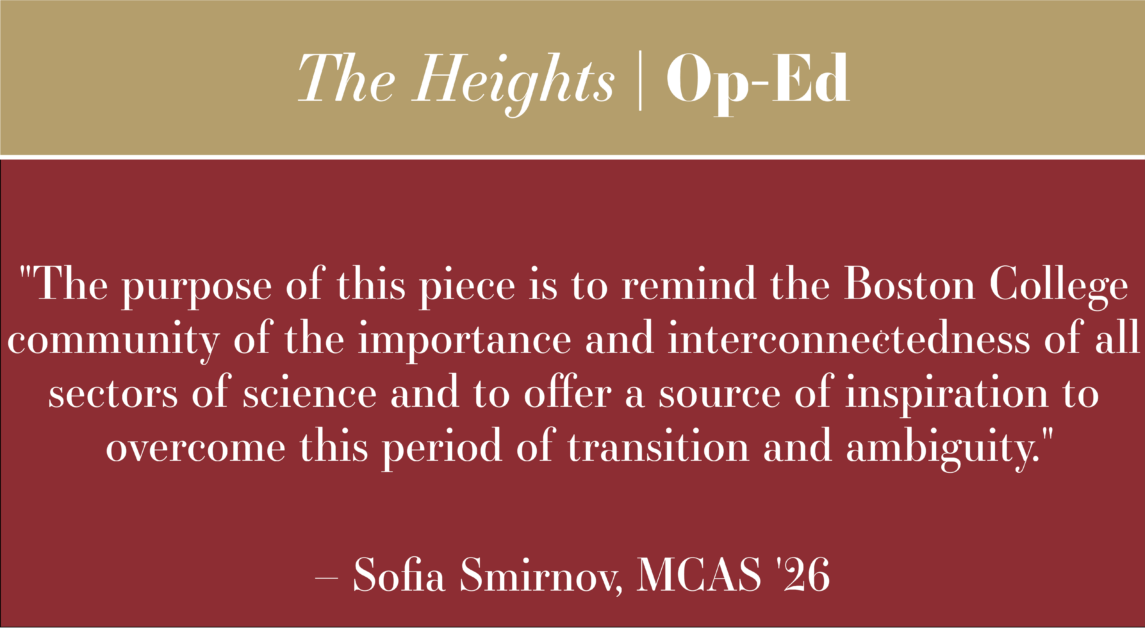

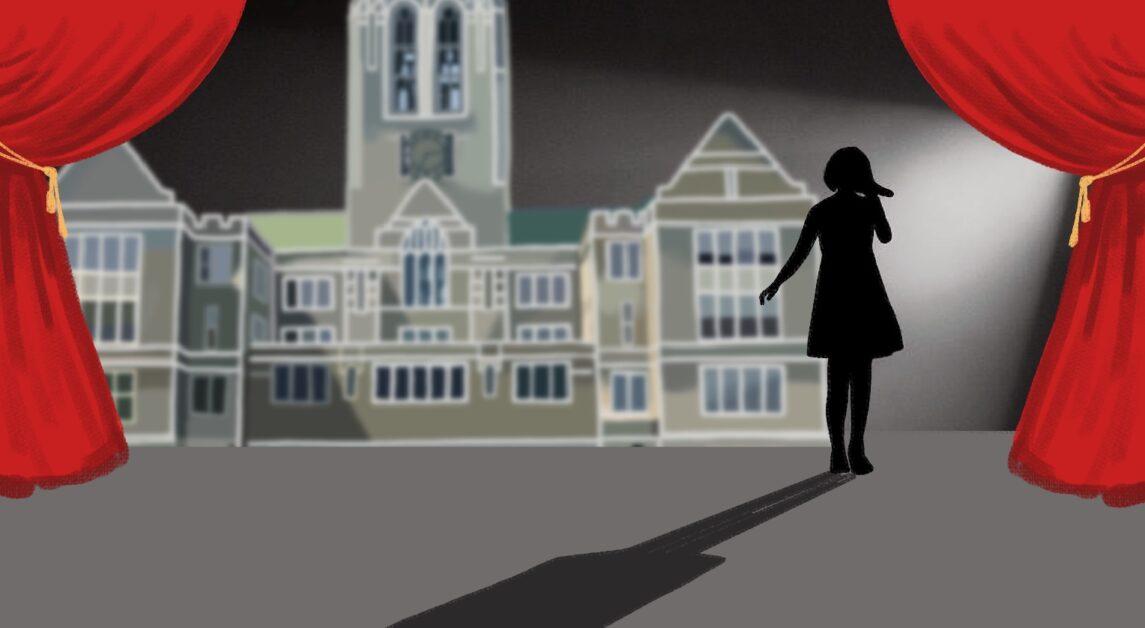

Andrew Best • Feb 23, 2017 at 12:05 am
Hey Rachel, congratulations on having an opinion!